Imposing taxes without preferential policies can easily lead to the risk of foreign investors transferring capital and projects to other countries, according to delegates.
On the morning of November 9, the Government submitted to the National Assembly a draft Resolution on applying additional corporate income tax according to regulations against global tax base erosion (global minimum tax).
Giving comments at the group later, Mr. Vu Tuan Anh, Standing Member of the Finance and Budget Committee, said that collecting additional global minimum tax is necessary, because if Vietnam does not collect this tax, other countries will, which will result in a loss of about 14,600 billion VND in tax.
The nature of the global minimum tax is that foreign-invested enterprises in Vietnam that are currently enjoying a preferential tax rate of 10% will have to pay additional taxes to reach the 15% level as prescribed by the Organization for Economic Cooperation and Development (OECD). That means tax incentives for these enterprises will be reduced compared to before.
Therefore, Mr. Tuan Anh believes that, along with the global minimum tax mechanism, it is necessary to study more policies to support foreign enterprises to feel secure in investing. These policies have not yet been studied by the Government and submitted to the National Assembly. "But if foreign investors only see Vietnam's revenue increase, without support, they may withdraw their capital and transfer some investment to other countries," he worries.
Mr. Hoang Van Cuong, Vice President of the National Economics University, also agreed that if Vietnam collects additional taxes, it needs to study incentive and support policies. This will show investors that they will no longer enjoy tax incentives, and that there will be other incentives to help reduce costs.
"The draft resolution needs to state how to send this signal, assigning the Government to study specific incentive plans. This is a move to let investors know that they will enjoy other policies when applying global minimum tax," Mr. Cuong said.

Mr. Hoang Van Cuong, Vice President of National Economics University, expressed his opinion at the group discussion. Photo: Hoang Phong
The need for accompanying incentive policies has also been raised by many experts and foreign enterprises before. Speaking at a workshop on global minimum tax in April, the leader of Samsung Vietnam - a business that may be affected - suggested that the Vietnamese Government should introduce incentive and support policies to maintain investment. Because they believe that when the global minimum tax is applied, Vietnam's incentive policies such as tax exemption and reduction for FDI enterprises will no longer be effective.
However, Mr. Tuan Anh noted that currently, OECD has a policy against transferring profits to "tax haven" countries (low tax rates), so directly taking additional revenue to support businesses is not feasible and will violate the regulations of this organization.
"This is a difficult issue that needs to be carefully studied to retain old investors and attract new capital without affecting the investment environment," said Mr. Tuan Anh.
Meanwhile, Ms. Ta Thi Yen, Deputy Head of the Delegation Affairs Committee, suggested that after implementation, the Ministry of Finance needs to assess the impact on budget revenue to rebalance with the 2021-2025 medium-term plan, in order to increase spending on development investment.
After receiving this additional source, Ms. Yen proposed increasing the family deduction as well as the income threshold subject to personal income tax to attract high-quality human resources, including from other countries. "This is to ease the burden on the people, stimulate consumption, stimulate economic development according to the general trend and orient tax policy reform," said the Deputy Head of the Delegation Affairs Committee.
The global minimum tax is an agreement reached by G7 countries in June 2021 to combat multinational corporations shifting profits to low-tax countries to avoid taxes, effective from January 1, 2024. The tax rate will be 15% for multinational enterprises with a total consolidated revenue of 750 million euros (about 800 million USD) or more in two of the four most consecutive years.
The UK, Japan, South Korea, and the EU will impose the tax in 2024. Vietnam also plans to impose this tax from 2024.
According to the General Department of Taxation, there are about 122 foreign corporations investing in Vietnam that are affected by the global minimum tax. If the countries with parent companies all apply the tax from 2024, these countries will collect an additional tax difference of about more than VND 14,600 billion next year.
Source link



![[Photo] Prime Minister Pham Minh Chinh chairs Government Standing Committee meeting on Gia Binh airport project](https://vphoto.vietnam.vn/thumb/1200x675/vietnam/resource/IMAGE/2025/5/10/6d3bef55258d417b9bca53fbefd4aeee)

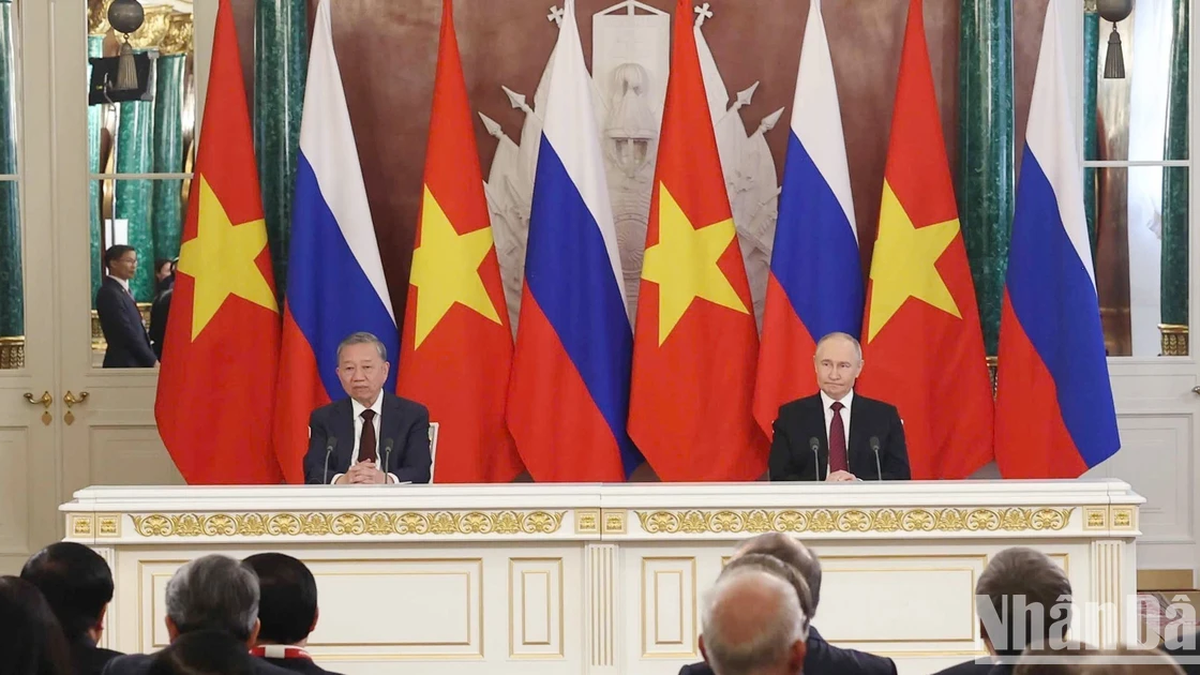










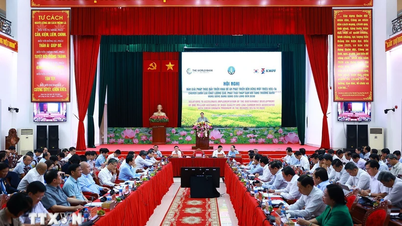




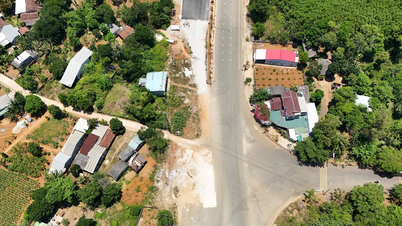











![[Photo] General Secretary To Lam holds a brief meeting with Russian President Vladimir Putin](https://vphoto.vietnam.vn/thumb/1200x675/vietnam/resource/IMAGE/2025/5/10/bfaa3ffbc920467893367c80b68984c6)


































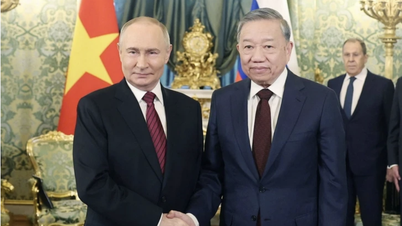

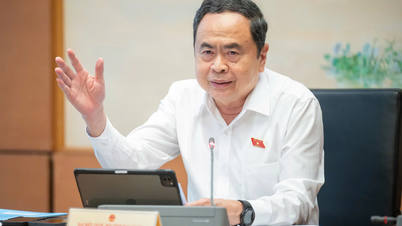































Comment (0)